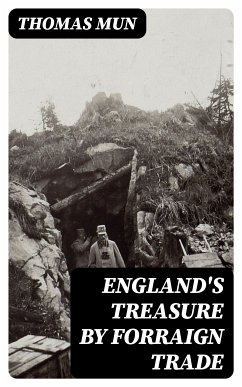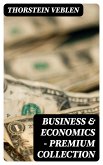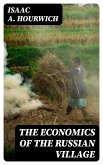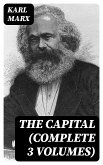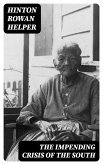In 'England's Treasure by Forraign Trade,' Thomas Mun delves into the world of economics and trade during the 17th century. Written in a clear and concise style, this book offers a detailed analysis of the importance of foreign trade for England's wealth and prosperity. Mun uses historical examples and economic theories to support his arguments, making this work an important contribution to early economic thought. The book also serves as a primary source for understanding the economic policies of the time and their impact on England's economy. Mun's straightforward writing style and use of concrete examples make this book accessible to readers interested in economic history and trade relations of the period. Thomas Mun, an English merchant and economist, wrote 'England's Treasure by Forraign Trade' as a practical guide for policymakers and merchants of his time. His first-hand experience in international trade and finance provided him with valuable insights that influenced his economic theories. Mun's work reflects his commitment to promoting policies that would benefit England's economy and increase its wealth through foreign trade. I highly recommend 'England's Treasure by Forraign Trade' to readers interested in the history of economics and trade relations. Thomas Mun's work offers valuable insights into the economic theories and practices of the 17th century, making it essential reading for those studying early economic thought and policy development.
Dieser Download kann aus rechtlichen Gründen nur mit Rechnungsadresse in A, B, BG, CY, CZ, D, DK, EW, E, FIN, F, GR, H, IRL, I, LT, L, LR, M, NL, PL, P, R, S, SLO, SK ausgeliefert werden.

